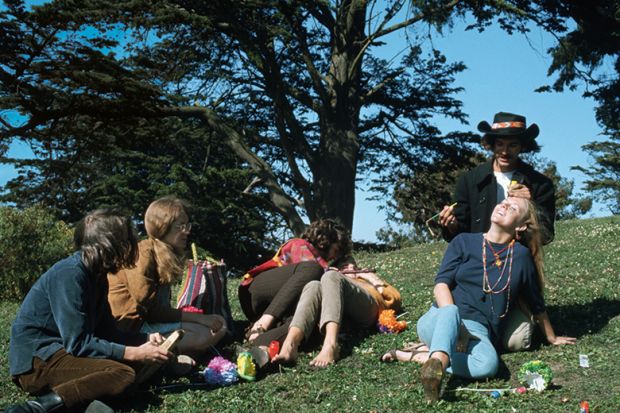Bans on sexual relationships between academics and students “infringe one of the basic rights of citizens”, a philosopher has claimed.
Neil McArthur, associate professor of philosophy at Canada’s University of Manitoba and an expert in sexual ethics, deplores the spread of such bans all the way from the US to China in a paper published in the journal Ethics and Education.
“The right to sexual intimacy is one of our most fundamental rights, which has taken us a long time to recognise, and now we must be very vigilant about defending it,” Dr McArthur told Times Higher Education.
In the article, Dr McArthur acknowledges that romantic interactions between students and academics “are invariably complicated and perilous, and should be approached with caution”. There is growing concern in the UK and North America about the harassment and assaults suffered by female students.
But Dr McArthur argues that “relationship bans infringe one of the basic rights of citizens in a liberal democracy” and that “defenders of these bans must meet a high standard in justifying these policies”.
Dr McArthur also points to “additional harms” that relationship bans cause, arguing that “any system of rules that forbids private consensual behaviour must foster an insidious culture of rumour and third-party accusations if its strictures are to be enforced”.
Furthermore, “when rumours can destroy careers, professors will naturally become terrified of appearing to be too close to their students”. The costs of this are likely to be borne by female students in particular, “since prevailing stereotypes about lecherous male professors mean that friendships between male faculty and female students are more vulnerable to gossip and accusation. Bans thus work against the cause of promoting gender equity on campus.”
The paper challenges the claim that student-teacher relationships cannot be fully consensual because of the power dynamic, citing a survey of 464 female psychologists that found, according to Dr McArthur, that “nearly all” of those who had had sexual involvement with their professors during graduate training “felt no coercion or exploitation whatsoever”.
He also refers to another survey in which 11 of the 20 relationships studied ended in either long-term cohabitation or marriage.
“People who claim that these relationships are never consensual are claiming not just that the students involved are not capable of consenting to have sex with a professor, but that they are not capable of choosing to make them their long-term partners, and that the students would have been better off had they been prevented from ever entering into such relationships,” Dr McArthur writes.
Dr McArthur said he is well aware that his views are likely to be contentious, and has earlier experiences of sparking controversy. He wrote an article for Vice about the phenomenon of ecosexuality, which takes in everything from “skinny dippers to people who have actual intercourse with nature”.
He had naively hoped, he told THE, that this was “a way of making environmentalism more fun” and encouraging people to “treat the Earth as your lover rather than your mother”.
In the event, he was savaged by both Breitbart and Fox News as proof that “liberals are so crazy, they are even trying to have sex with trees”.

